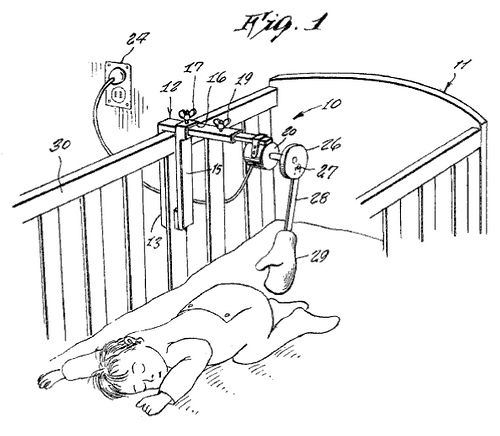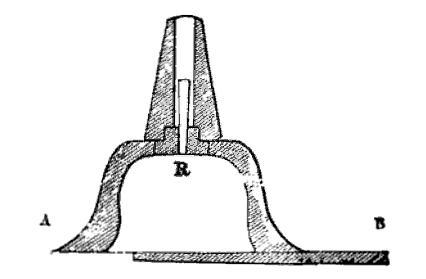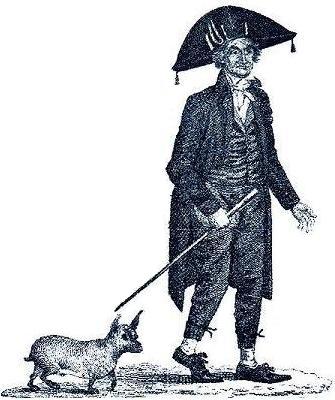Mr. E.N. Sponce, of Windhouse, in the island of Yell, relates, that about the beginning of the present century, during a violent thunderstorm off the Shetland Islands, a fishing-boat belonging to Mr. Midyell was struck by lightning, which came down the mast, tearing it in shivers, and melted into a mass a watch in the pocket of a man (the skipper) who was sitting close by the mast, and considerably scorched him, as well as materially injured the boat, and, more or less, the other five men in it. This account of the occurrence was received by Mr. Spence from the skipper himself.
— John Timbs, Things Not Generally Known, Familiarly Explained, 1859





